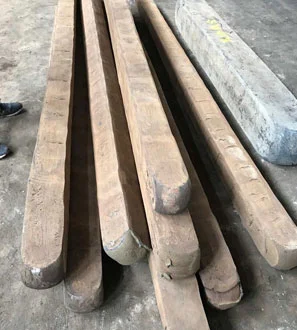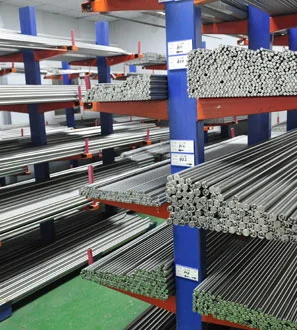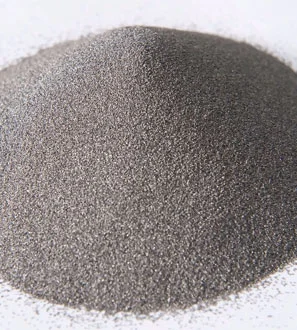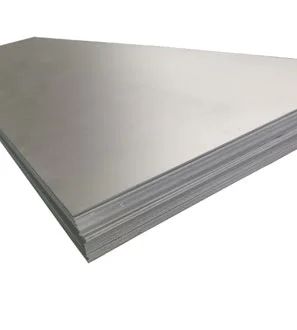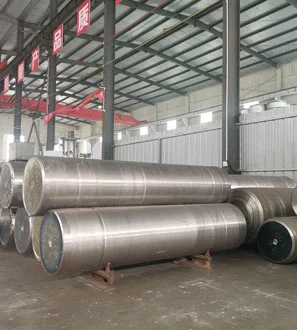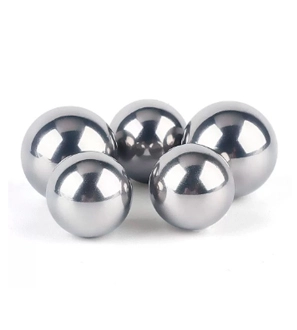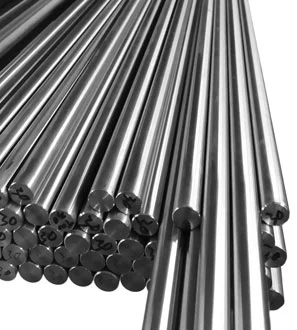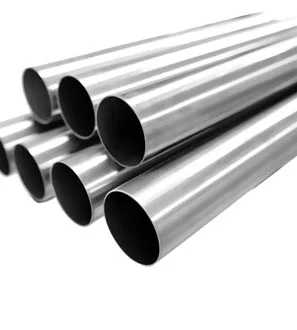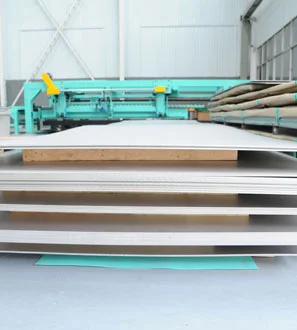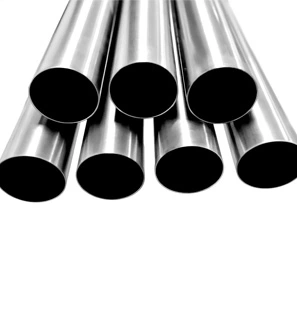Thank you for your
attention on Yesheng !
Innovations in Medical Devices: The Role of Titanium Flat Bars
Medical technology is constantly evolving, with innovations driving advancements in patient care, diagnostics, and treatment. Among the key materials contributing to these innovations is titanium, and titanium flat bars have emerged as a vital component in the development of cutting-edge medical devices. In this blog, Yeshengti titanium factory will explore the role of titanium flat bars in the world of medical technology and the innovative devices they enable.
Titanium's Biocompatibility: A Game-Changer in Medical Devices
Medical titanium has gained recognition for its exceptional biocompatibility, making it a preferred choice for implants and medical devices. When used in medical applications, titanium is less likely to trigger an immune response or adverse reactions within the body. This biocompatibility is crucial for ensuring the safety and effectiveness of medical implants, such as orthopedic implants and dental prosthetics.
Orthopedic Implants: Titanium's Strong Foundation
Orthopedic surgery often involves the use of implants to replace or repair damaged joints and bones. Titanium flat bars are used to craft components like hip and knee implants. The combination of titanium's strength, lightweight nature, and biocompatibility ensures that patients receive durable, long-lasting, and well-tolerated implants.
Dental Applications: Precision and Biocompatibility
In the field of dentistry, flat bar titanium play a significant role in the creation of dental implants, crowns, and bridges. The biocompatibility of titanium ensures that these dental devices seamlessly integrate with the patient's natural teeth and tissues. The precision and durability of titanium also contribute to the longevity and functionality of these dental solutions.
Diagnostic Devices: Enhancing Imaging Technologies
Titanium's unique properties extend beyond implants and prosthetics. In the realm of diagnostic devices, such as MRI (Magnetic Resonance Imaging) machines, titanium flat bars are used to create components that enhance the precision and image quality of these vital medical tools. Titanium's non-magnetic nature makes it an ideal choice for these applications, as it does not interfere with the magnetic fields used in imaging.
Miniaturization and Wearable Devices: Lightweight and Durable
Advancements in medical technology have led to the development of miniaturized, wearable medical devices that monitor and treat various conditions. Titanium flat bars are instrumental in creating lightweight yet durable components for these devices. Their corrosion resistance ensures the longevity of wearable medical technologies that come into contact with the patient's skin and bodily fluids.
As medical technology continues to advance, titanium flat bars are at the forefront of innovation. Their biocompatibility, strength, lightweight characteristics, and resistance to corrosion make them a material of choice for a wide range of medical applications. From orthopedic implants that restore mobility to dental prosthetics that enhance smiles and wearable devices that monitor vital signs, titanium's role in healthcare is truly transformative. With ongoing research and development, we can expect to see even more innovative uses of titanium in medical devices, further improving patient care and quality of life.
 English
English  日本語
日本語  한국어
한국어  français
français  Deutsch
Deutsch  русский
русский 









